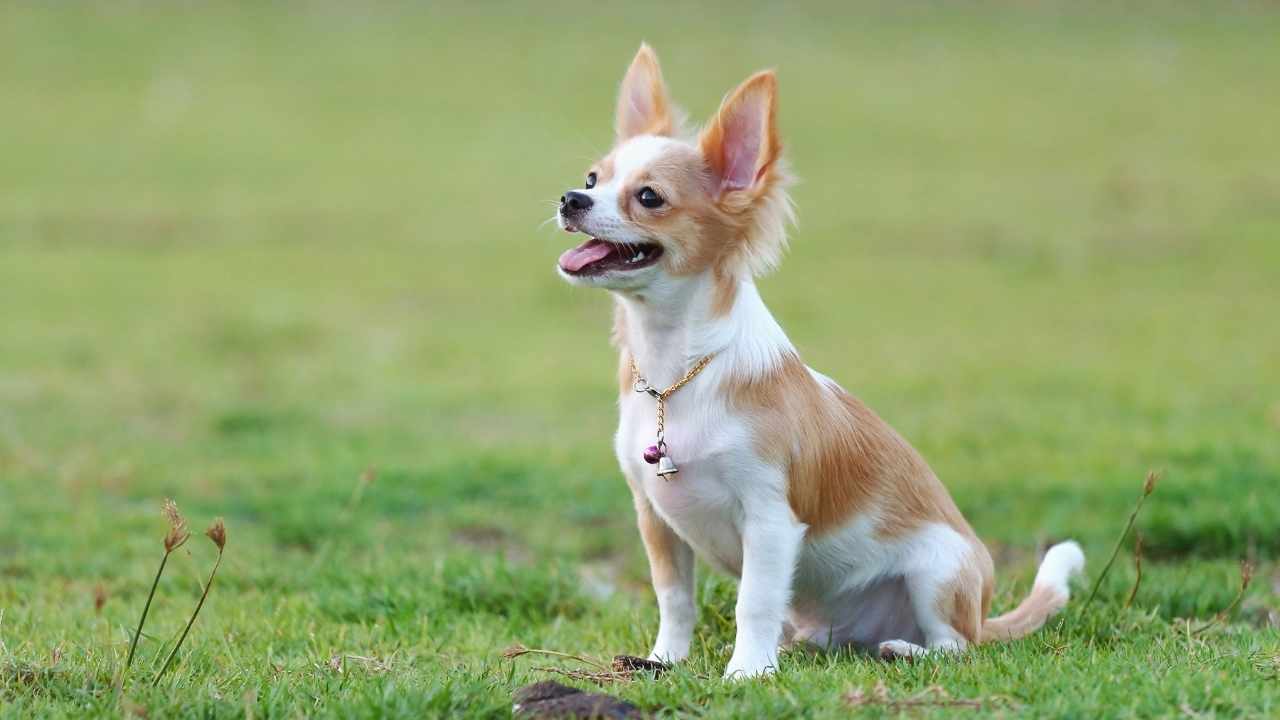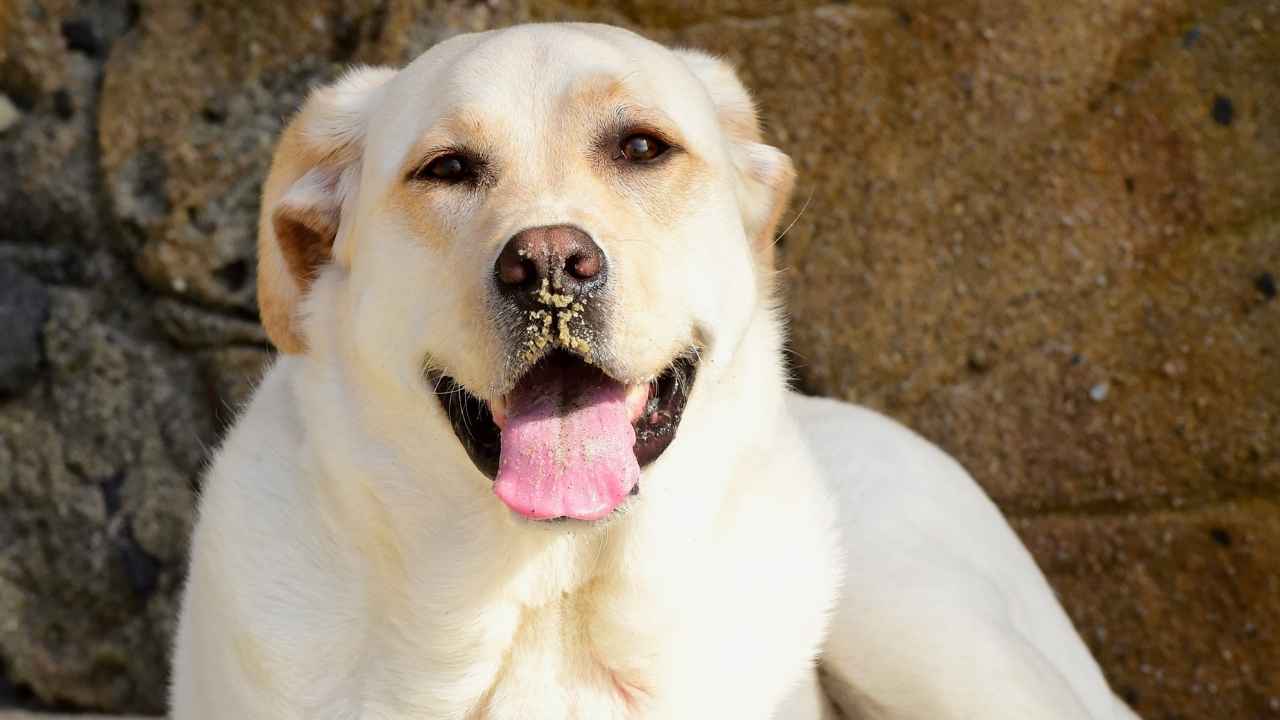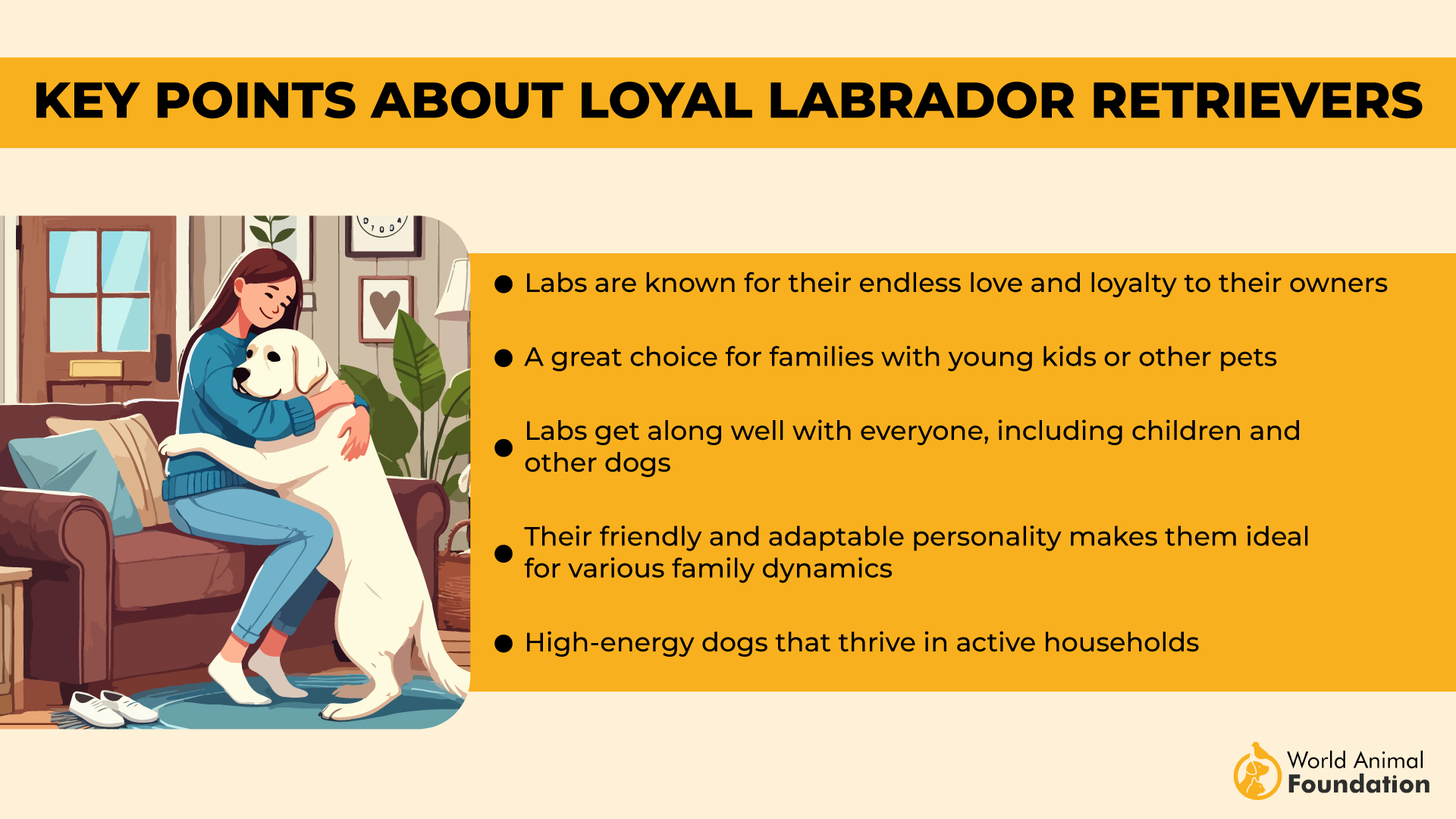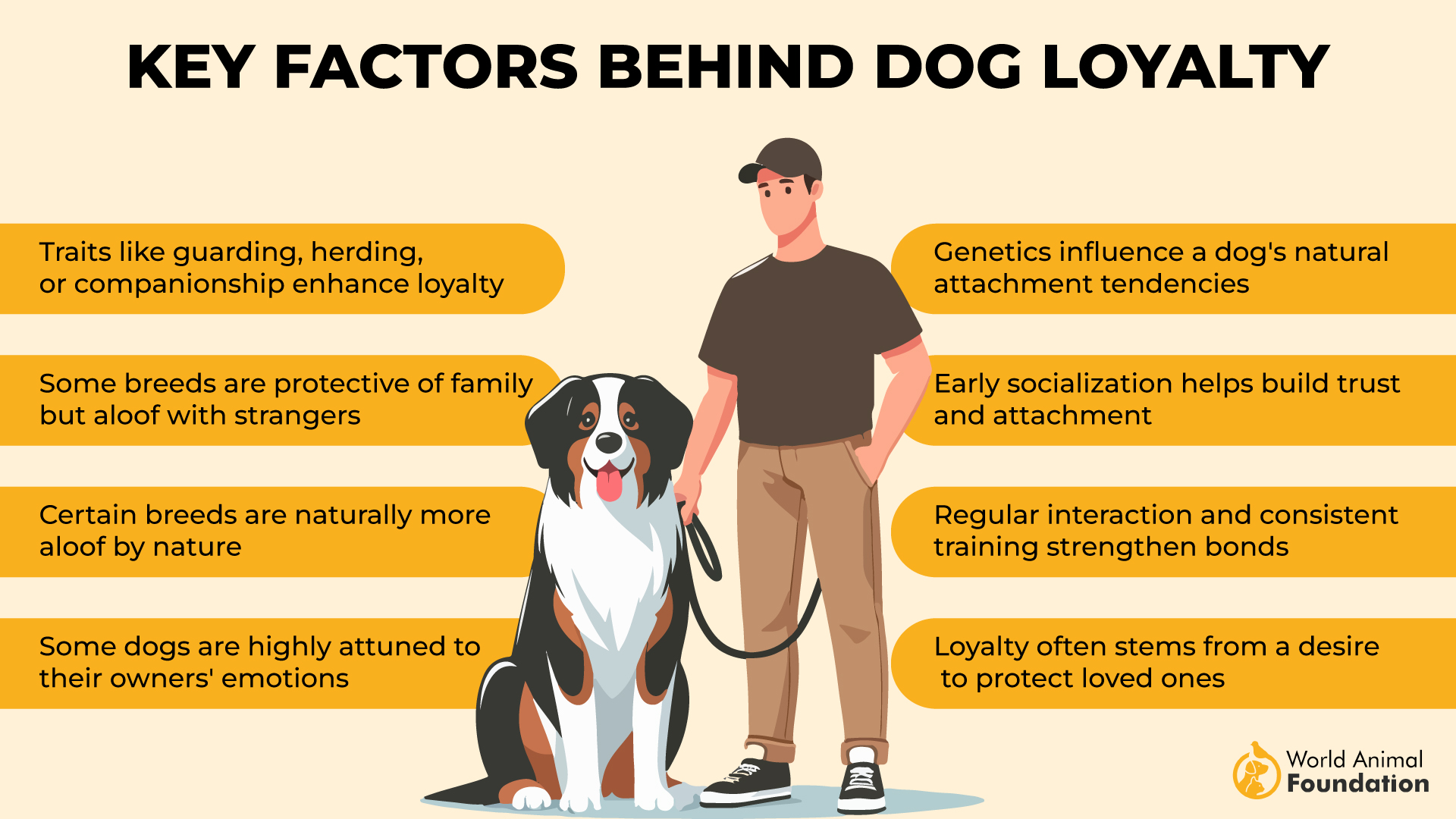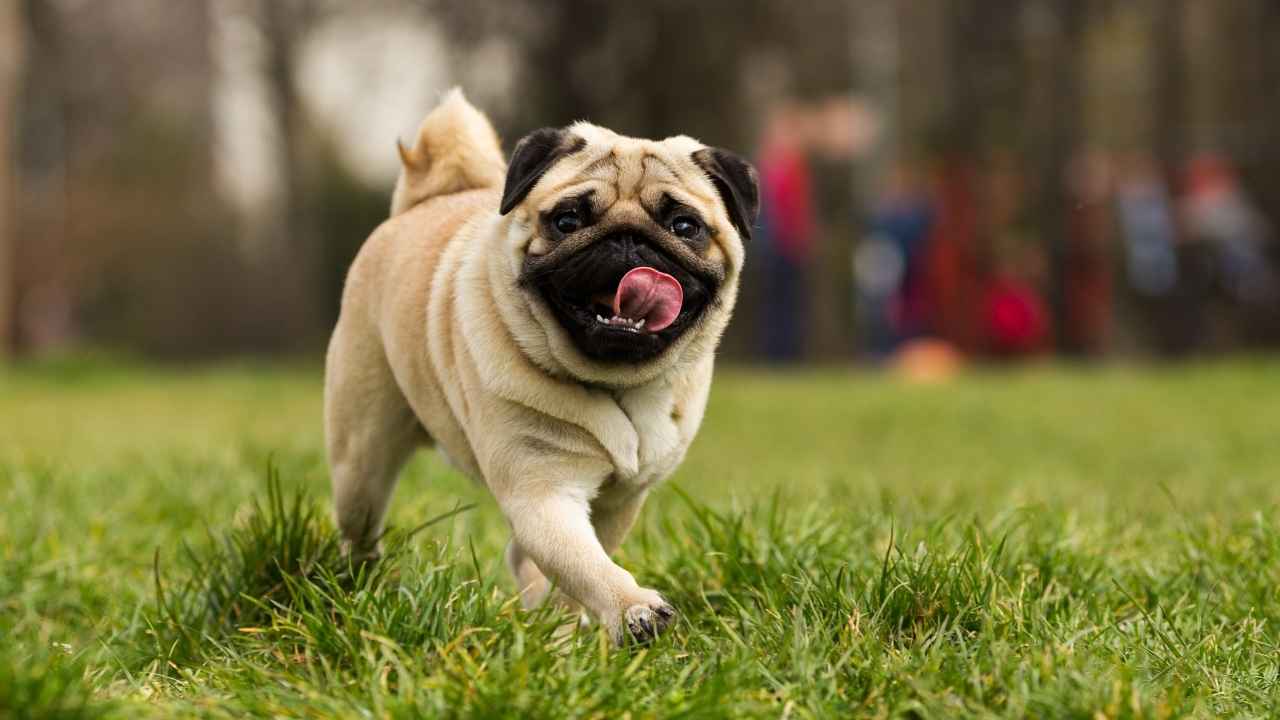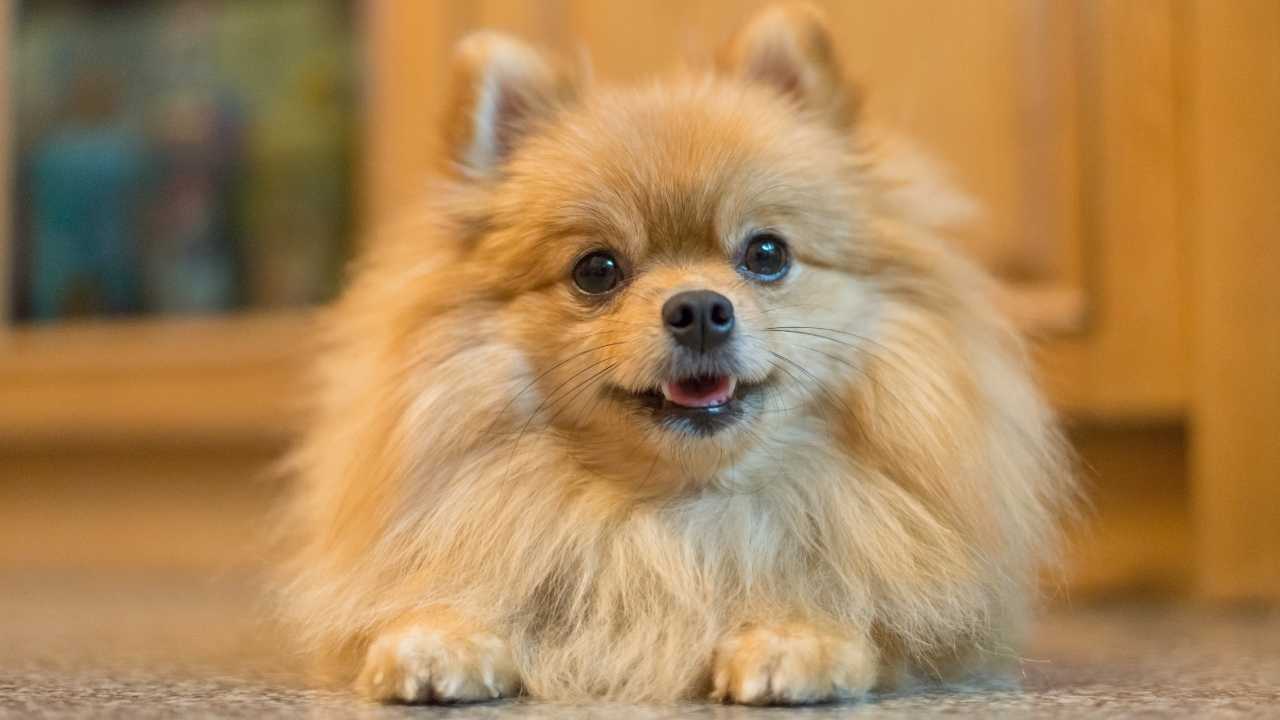Jealousy isn’t just a human emotion; our canine companions experience it too. Understanding and managing jealousy in dogs is crucial for a harmonious household. Certain breeds are notably more prone to jealousy due to their strong attachment and loyalty. In “7 Jealous Dog Breeds and How to Manage Their Feelings,” we delve into the unique behaviors of these canines and offer practical strategies to ease their insecurities. From increased attention to structured socialization, discover how to ensure that your furry friend’s jealousy doesn’t disrupt the loving bond you share, fostering a balanced and joyful environment for all.
Dogs are known for their loyalty and love, but some breeds take these traits to the extreme—becoming downright jealous when they feel left out. Jealousy in dogs often shows up as attention-seeking or possessive behavior, and certain breeds are more prone to it, especially during big changes like a new pet, puppy, or partner entering the picture. These dogs may act out with aggression or resource guarding when their bond with you feels threatened.
But don’t worry—early socialization, consistent training, and positive reinforcement can help keep jealousy in check. According to WebMD, understanding the triggers of jealousy and learning how to manage jealousy in dogs is crucial for dog owners to maintain a peaceful home.
In this article, we’ll explore seven breeds that are known for their jealous streaks. We’ll dive into what triggers these feelings and share tips to help your dog stay happy, calm, and well-behaved, no matter what changes come their way. Let’s take a closer look!
Most Jealous Dog Breeds
1. Dachshund
Dachshunds are small but mighty dogs that often develop a strong attachment to their owners. Their loyal nature makes them prone to jealousy, especially when their owner’s attention is divided between other pets or family members. These dogs tend to seek constant affection and attention, and when they feel neglected, they can become jealous pooches, displaying behavioral issues such as whining or trying to wedge themselves between you and other pets.
Their jealousy is often triggered by the presence of other dogs or a new puppy in the house. According to AKC, Dachshunds are fiercely protective of their humans, and their small size can sometimes amplify their aggressive behavior when they feel threatened by a new dog or family member. Dog parents need to address jealousy early, ensuring they maintain clear boundaries and offer equal attention to all family members, including pets. Obedience training and positive reinforcement can help manage their jealousy and foster good behavior.
If you’re introducing a new dog or pet into your home, be mindful of the strong attachment Dachshunds form with their owners. Providing consistent training, early socialization, and ample affection can help reduce jealousy in dogs like the Dachshund, ensuring that they remain calm and well-adjusted, even when there are changes in the household dynamic.
2. Chihuahua
Chihuahuas are known for their bold personalities and undying loyalty to their owners. Their small stature belies their big hearts, and they can be particularly sensitive to changes in their environment. Jealousy in dogs like Chihuahuas is often linked to their need for constant attention and affection. When their owner’s attention is diverted to other pets or family members, Chihuahuas may react by showing signs of jealousy, including barking, growling, or even becoming overly possessive.
Chihuahuas are social animals, but their protective instincts can kick in when they feel that their bond with their owner is threatened by a new pet or a new partner. To manage jealousy in Chihuahuas, dog owners need to be proactive, providing consistent training and establishing clear boundaries. Early socialization can also help them feel more secure around other pets and new people, reducing the chances of aggressive behavior when jealousy strikes.
A Chihuahua’s jealousy can sometimes escalate into overly possessive behavior, so it’s crucial to ensure they receive enough attention and affection from their dog parents. With patience and proper training, Chihuahuas can learn to share the spotlight and become more comfortable with changes in their family dynamics, such as the arrival of a new puppy or the addition of other pets.
3. Labrador Retriever
Labrador Retrievers are often seen as friendly and social dogs, but they, too, can exhibit signs of jealousy if they feel left out. As per Hills Pet, known for their undying loyalty, Labradors have a strong bond with their owners and can sometimes become clingy or exhibit jealous behavior when their attention is divided. The presence of a new pet or family member can trigger jealousy in these loyal dogs, causing them to seek more attention or even become possessive.
While Labradors are generally good with other dogs and family members, their jealousy may manifest in ways that can become problematic if not addressed. They may attempt to nudge their way into your lap or exhibit attention-seeking behavior when they feel their owner’s attention is being diverted elsewhere. Positive reinforcement and consistent training are key to managing jealousy in Labradors. Teaching them to share attention and respect clear boundaries will help them maintain good behavior.
Owners of Labrador Retrievers should be mindful of their dog’s strong attachment and avoid inadvertently rewarding jealous behavior. By ensuring that your Labrador receives plenty of affection and attention, and by gradually introducing new pets or family members into the household, you can reduce jealousy and maintain a balanced relationship with your loyal companion.
4. Shih Tzu
Shih Tzus are small dogs that thrive on human companionship and affection. Their loyalty and attention-seeking behavior often make them prone to jealousy, especially when their owner’s attention is diverted to other dogs or new family members. A Shih Tzu’s jealousy can manifest as stubborn behavior or seeking to monopolize its owner’s time and space. They may try to push other pets out of the way or even growl when they feel their position in the family is threatened.
These dogs can be particularly sensitive to the presence of new pets, especially if they are not properly socialized. Shih Tzus benefits from early socialization and consistent training to help them manage jealousy and avoid overly possessive tendencies. By establishing clear boundaries and providing positive reinforcement, dog parents can help their Shih Tzu develop good behavior and learn to share their love with other pets and family members.
Managing jealousy in Shih Tzus involves offering equal attention, avoiding reinforcing possessive behavior, and maintaining a calm and assertive presence. With the right approach, Shih Tzus can coexist peacefully with other pets and enjoy a strong bond with their owners without letting jealousy interfere.
5. Pug
Pugs are affectionate, playful, and incredibly loyal dogs. They thrive on human attention and can sometimes exhibit signs of jealousy when they feel they aren’t getting enough affection. Pugs may act out with attention-seeking behavior, such as nudging their way into your lap or whining when they see you interacting with another pet. This jealousy can be particularly noticeable if you have other dogs in the home or introduce a new puppy.
Pugs are also known for their need to be close to their humans. If they feel that their position as the center of attention is threatened by another pet or family member, they might start exhibiting aggressive behavior, such as growling or snapping. Training is key to managing jealousy in Pugs. Using positive reinforcement and clear boundaries can help reduce jealousy and teach them to behave appropriately in the presence of other pets or family members.
To manage jealousy in Pugs, dog parents should ensure that their pet receives consistent attention and affection while also providing clear boundaries to avoid resource guarding and overly possessive behavior. Early socialization and consistent training will help Pugs learn to share their human attention without acting out.
6. Pomeranian
As per Purina, Pomeranians are small, fluffy dogs with big personalities. Their attention-seeking behavior and need for constant affection can make them prone to jealousy. Pomeranians often feel threatened by other pets, especially if they’re not given enough attention. Their jealousy may manifest in signs such as barking, whining, or physically trying to get between their owner and another pet. They are fiercely loyal dogs and will often display protective instincts when they feel their bond with their owner is being threatened.
Because Pomeranians are highly social animals, early socialization is important to help them cope with jealousy and reduce aggressive behavior towards other dogs. Managing jealousy in Pomeranians involves providing enough attention and setting clear boundaries. Consistent training, including obedience training, will help Pomeranians learn to share the spotlight with other pets and family members without becoming overly possessive.
To reduce jealousy, it’s essential for dog parents to ensure their Pomeranian feels secure and loved. Providing equal attention to all pets and offering positive reinforcement when the Pomeranian exhibits good behavior can help maintain a peaceful household and strengthen the bond between you and your pup.
7. French Bulldog
French Bulldogs are known for their loving, playful, and loyal nature. However, they can also be quite jealous when it comes to their owner’s attention. French Bulldogs tend to be protective and can show jealousy when a new pet or family member arrives. Their jealousy often manifests in attention-seeking behavior or by physically trying to block the new dog or person from their owner.
Managing jealousy in French Bulldogs requires a firm but loving approach. These dogs thrive on clear boundaries and need consistent training to understand their place in the family. Early socialization with other pets and family members can help French Bulldogs develop good behavior and learn to share attention without feeling threatened.
With proper training and positive reinforcement, French Bulldogs can manage jealousy and continue to show their undying loyalty to their owners. By giving them enough attention and affection, you can help your French Bulldog become a well-adjusted and happy member of the family.
Conclusion
A dog’s jealousy is a natural, though sometimes tricky, behavior that many dog parents experience. Whether it’s triggered by a new pet, a new partner, or simply a change in routine, it can be heart-wrenching to see your loyal companion feel neglected. These feelings are often rooted in deep love and attachment, as dogs are social animals who crave affection and security.
Breeds like Dachshunds, Chihuahuas, and French Bulldogs may show jealousy more frequently, but with the right approach, these emotional moments can be managed. By providing clear boundaries, consistent attention, and positive reinforcement, dog parents can help their dogs navigate jealousy in healthy ways. It’s all about understanding that these loyal dogs simply want to feel secure and loved. With patience, training, and empathy, jealousy can be addressed, allowing you to strengthen the bond with your cherished pet while maintaining a peaceful home.
In conclusion, understanding and managing jealousy in certain dog breeds is crucial for fostering a harmonious household. Breeds prone to jealousy, such as Chihuahuas, Dachshunds, and German Shepherds, require careful attention to their emotional needs. Strategies to alleviate their jealousy include providing consistent training, ensuring socialization, and reinforcing positive behaviors. Additionally, dedicating quality time and attention to these dogs helps build trust and security. By recognizing the signs of jealousy and implementing thoughtful interventions, owners can promote a balanced and loving environment for their pets, reducing stress and enhancing the overall well-being of both the dogs and their families.



